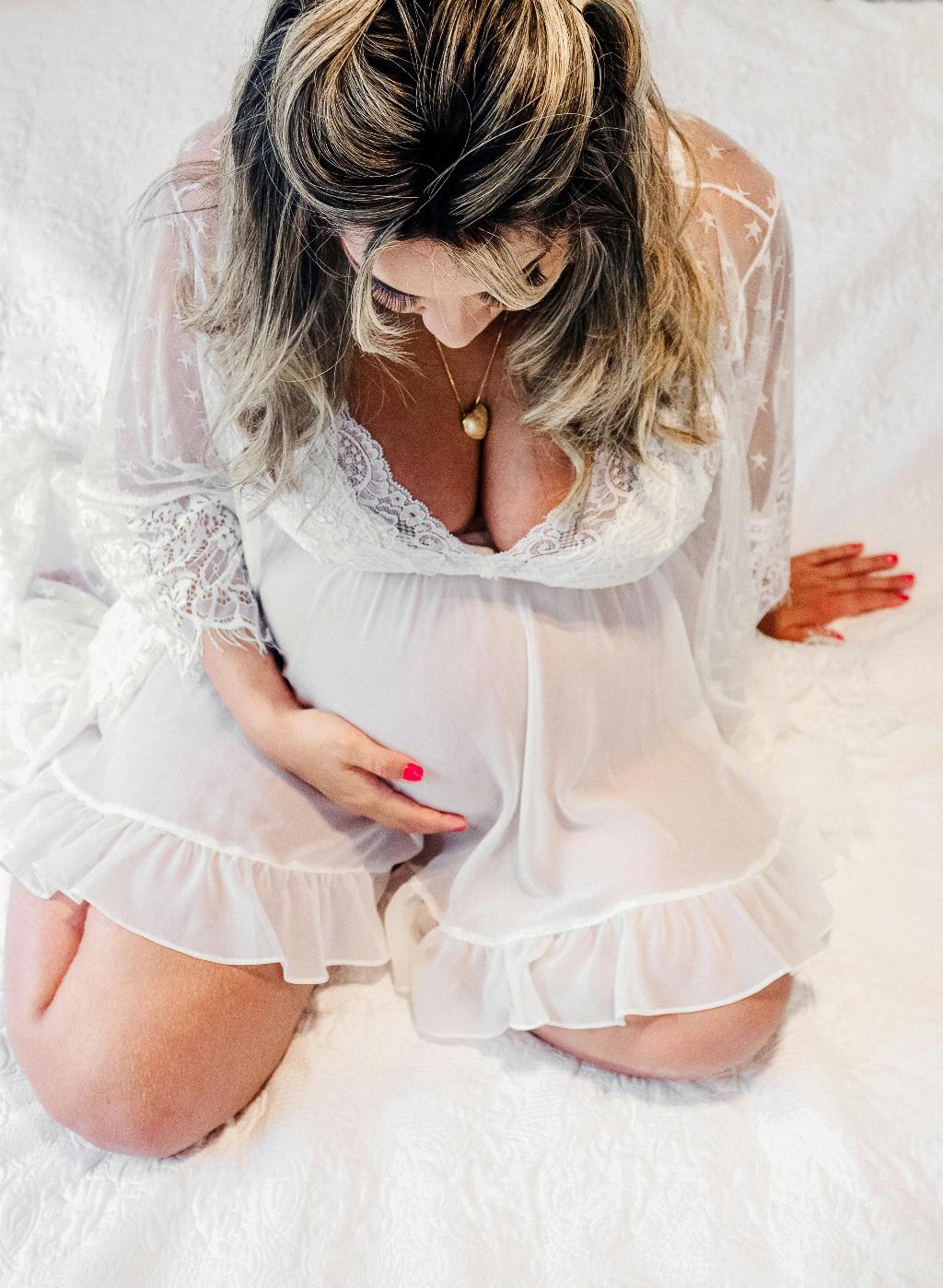When it comes to the topic of coffee consumption and its potential impact on fertility, there is a wealth of information to consider. The question of whether or not coffee is harmful when trying to conceive is one that has intrigued researchers and individuals alike. Let’s delve into the research and findings to provide a comprehensive answer to this important question.
The Role of Caffeine in Fertility
Caffeine is a naturally occurring stimulant found in coffee, tea, and various other beverages. Its effects on the body have been studied extensively, including its potential influence on fertility. Research suggests that high levels of caffeine intake may have adverse effects on reproductive health and may impact the ability to conceive.
Understanding the Research
One notable study involving 104 women attempting to get pregnant revealed some fascinating insights. It was observed that women who consumed less than one cup of coffee per day were twice as likely to conceive, compared to moderate coffee drinkers. Furthermore, the study highlighted that the risk of not getting pregnant increased with higher caffeine intake.
The Link Between Coffee and Conception
While research indicates a potential relationship between coffee consumption and fertility, it’s important to note that correlation does not necessarily imply causation. Factors such as overall health, lifestyle choices, and genetic predispositions can also play a significant role in an individual’s fertility.
Consider Individual Differences
Each person’s body reacts differently to substances like caffeine. Some individuals may be more sensitive to the effects of coffee, while others may not experience any noticeable changes in fertility. It’s essential to consider individual differences and consult with a healthcare professional for personalized advice.
Moderation is Key
As with many aspects of health and wellness, moderation is key when it comes to coffee consumption and fertility. While excessive caffeine intake may have potential negative effects on conception, enjoying a cup of coffee in moderation is unlikely to pose significant risks.
Consult with a Healthcare Provider
If you have concerns about how your coffee consumption may be affecting your fertility, it’s advisable to discuss this with a healthcare provider or fertility specialist. They can provide personalized advice based on your individual circumstances and offer guidance on lifestyle modifications that may support your fertility goals.
Exploring Alternatives
If you’re looking to reduce your caffeine intake while trying to conceive, consider exploring alternative beverages like herbal teas or decaffeinated coffee. Making small changes to your daily routine can have a positive impact on your overall health and well-being.
The Power of a Balanced Diet
In addition to monitoring your caffeine intake, focusing on a balanced diet rich in nutrients can support your fertility journey. Incorporating a variety of fruits, vegetables, whole grains, and lean proteins into your meals can provide essential vitamins and minerals that promote reproductive health.
Stress and Fertility
It’s worth noting that stress can also play a significant role in fertility. Finding ways to manage stress levels through activities like yoga, meditation, or engaging in hobbies you enjoy can positively impact your overall well-being and may support your fertility goals.
Conclusion
In conclusion, while the link between coffee consumption and fertility is a topic of interest, there is no definitive answer as to whether coffee is harmful when trying to conceive. Moderation, individual differences, and overall lifestyle choices all play a role in determining the impact of coffee on fertility. By staying informed, consulting with healthcare professionals, and making mindful choices, you can navigate your fertility journey with confidence and optimism.

